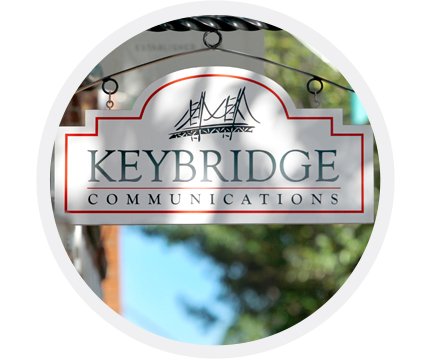Big Tech’s latest PR stunt as a transparent ploy to steal from the little guys more easily.

Why Big Tech wants you to think there’s a patent crisis
By Chris Israel
Big Tech has long felt free to help itself to the good ideas of smaller companies. It’s bad enough that these giants fiercely contest the efforts of inventors to receive fair compensation — a courtroom mismatch between startup firms with a good idea but little money on one side, versus behemoths valued into the trillion-plus dollars on the other.
Now, Big Tech is taking the process one step further by claiming to be the real victim here.
For years, Big Tech has been promoting the myth of “patent trolls.” This army of creatures supposedly files bogus lawsuits by the truckload to grab cash settlements from tech giants.
Now, the latter have added the new wrinkle of claiming that the United States is facing a crisis of “bad patents” — in other words, that the U.S. has been issuing patents that are too vague, too conventional, or so poorly written that it’s impossible to know what invention or technology the patent encompasses.
When tech giants get called out for stealing intellectual property, they’ve made the same argument: they can’t have committed theft because the smaller firms’ patents were invalid in the first place.
“The claims of the Patent-in-Suit are invalid and unenforceable,” pronounced Google in a recent lawsuit with smaller firm VideoShare over video-streaming technology. Google huffed that VideoShare’s patent was too abstract and “lacked novelty.” Fortunately, the jury saw through the ruse, and the court ordered Google to pay $26 million for its infringement.
Now comes the High Tech Inventors Alliance — an advocacy group formed by Google, Amazon, Cisco and the like — to allege that over a quarter of patents granted in the United States are invalid.
If true, that would be shocking. In fact, this claim is every bit as bogus and self-serving as the proposition that Big Tech is beset by patent trolls. The figure derives from a single, decade-old study that examined just 980 patents issued from 2000 to 2010. To put that in perspective, the U.S. Patent and Trademark Office granted about 2 million patents in that period.
The truth is that poor quality applications rarely get through the system. And 25% of U.S. patents are not “bad.” The United States is judicious in issuing patents. The USPTO grants patents in fewer than 35% of applications processed, one of the smallest percentages worldwide.
In addition, the number of patent lawsuits in the United States has remained steady for decades. If a “patent crisis” did exist, there would be far more than two disputes per 1,000 patents issued — a rate that has not budged for nearly a century.
Our largest competitors don’t think the U.S. is awash with “bad” patents. China is responsible for between $200-$600 billion in theft of American IP every year.
If Big Tech succeeds in its efforts to weaken intellectual property protection, the consequences will be dire, encouraging foreign theft and jeopardizing America’s global economic standing.
Our policymakers shouldn’t fall for Big Tech’s “patent crisis” hoax. There’s too much at stake.

Chris Israel is the executive director of the U.S. Alliance of Startups and Inventors for Jobs and a former U.S. Intellectual Property Enforcement Coordinator. This piece originally appeared in the International Business Times.
